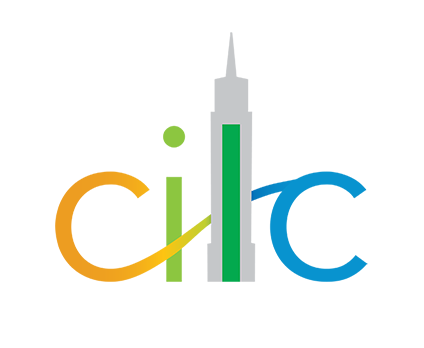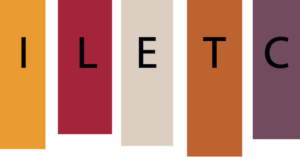Many languages other than English (LOTE) departments and programs face declining enrollments (MLA, 2023)—with most learners stopping their language education after one or two courses, often at the elementary level—and an ongoing need to justify the value of language learning amid shifting institutional priorities, the new AI landscape, and shrinking budgets. Literacies-oriented approaches aim to develop learners’ abilities beyond communicative competence and into “literacies,” defined as meaning-making abilities in which learners interact with texts in all modalities, in a way that is cognitively demanding and socio-culturally informed (for more details, see Paesani, 2018). Such approaches include genre-based, text-based, and multiliteracies-based, all of which focus on incorporating texts that were created for language users, not language learners.
In summer 2025, during three sessions lasting three hours each, selected participants will engage in reading and discussion activities with peers and experts to learn what literacies-oriented approaches are and how they can boost language development, improve the transition from lower- to upper-division courses, facilitate program growth, and foster alignment between language-program objectives and university-level objectives. Then, participants will explore two possible models to transform a program:
- Fully redesign an existing program from a traditional, two-tiered curriculum—composed of lower-level language development courses and upper-division content courses—to a literacies-based curriculum where development and content are intertwined throughout.
Or…
- Make changes within a traditional language development sequence (typically, lower-level language courses) without redesigning the entire program, with the goal of increasing the number of learners who progress to upper-level courses by introducing textual study early on.
Finally, participants will be guided through drafting a tentative action plan for either redesigning or enhancing their existing program, curriculum, or course(s) with a literacies-oriented approach.
The 2025 Summer Institute welcomes 25 selected participants from 13 institutions across the United States, including community colleges, minority-serving institutions (MSIs), and public and private universities. If you missed the application window, please revisit this website for future Calls for Applications. In the meantime, feel free to explore the literacies-oriented and other text-based resources available on our platform.







